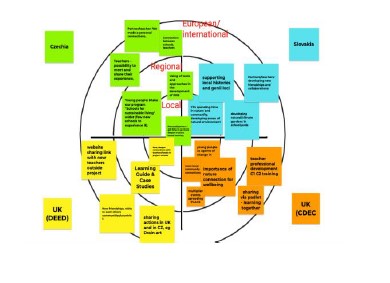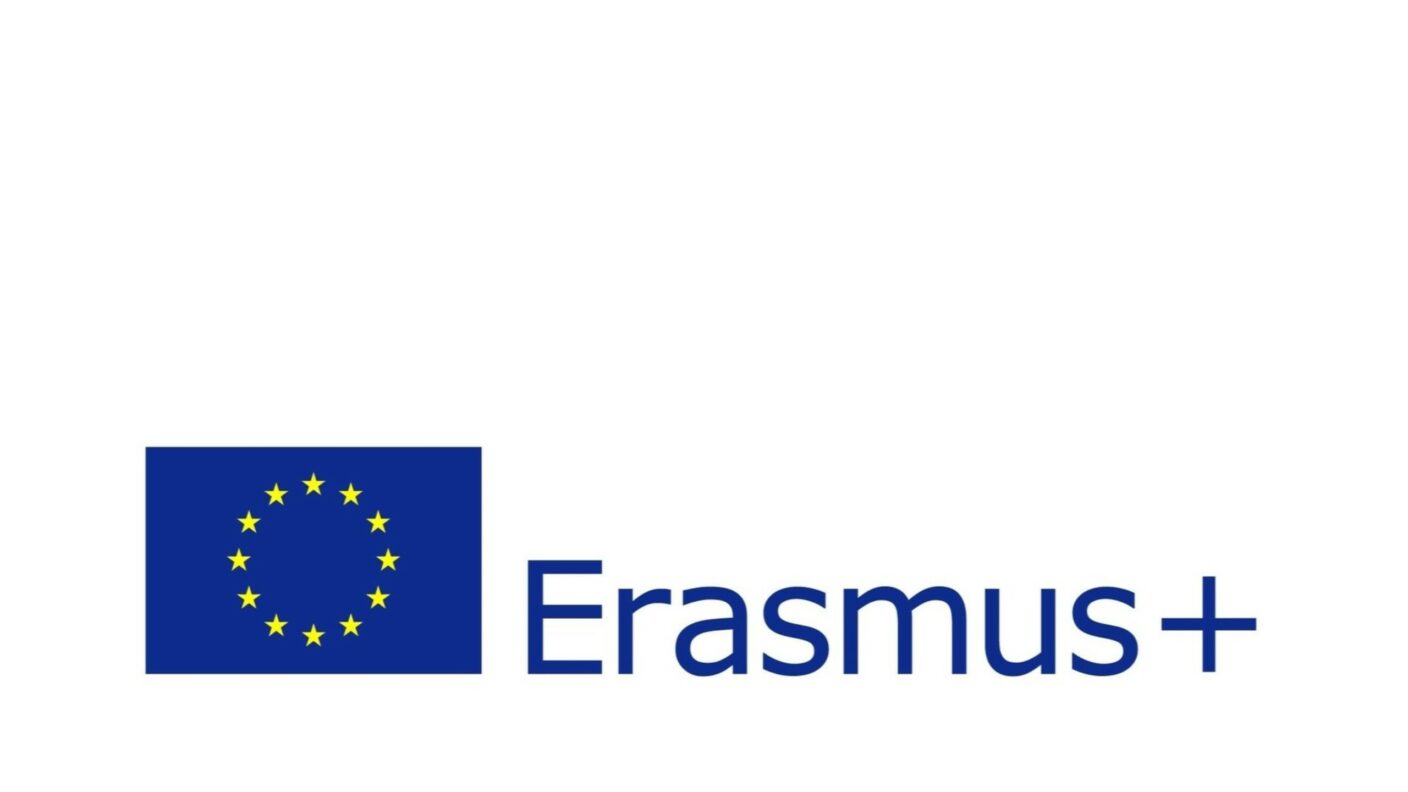Liverpool World Centre were external evaluators on the E+ Paths to Learning: Active Community Exploration (PLACE) project which aimed to ‘put children at the heart of action’ using PLACE-based learning to engage young people in nature and their communities. The project hoped to see its young participants become agents of change in their communities. Each project partner brought a different approach, including Philosophy for Children, Questing, Natural and Therapeutic Gardening and Community Activism; together these constitute Place-based learning.

The project led to some beautiful initiatives such as the introduction of ‘Forest Fridays’, an outgoing class planting trees as a farewell gift and teaching the youngest class to take care of those trees, and this compilation of ‘The Sounds of Places‘.
Our role as external evaluators was two-fold. On the one hand, we had to to support the partners in reaching a shared understanding of project objectives and how to get there, work with them on gathering evaluation data, and provide annual feedback to partners. On the other, we were to provide independent project analysis to the funders (mainly, the European Commission through the Erasmus+ programme).
 We worked with our partners to clarify their desired outcomes and worked with them on incorporating participatory evaluation techniques into project processes. This helped shift baseline comments such as the one below
We worked with our partners to clarify their desired outcomes and worked with them on incorporating participatory evaluation techniques into project processes. This helped shift baseline comments such as the one below
“At the beginning we had a whole lot of good ideas and we weren’t sure how they were going to fit together and how we were going to make it work…”
As one partner emphasised, there were a lot of meetings at the beginning to work out what all the elements were and how they fitted together. This became easier through collaborating to develop outputs and sharing examples of the project working in different schools.
It is important to mention that the beginning of the project happened to coincide with the COVID-19 outbreak, resulting in the project team having to rethink the launch of the project and its timeline. Partners did a commendable job of keeping the momentum going, keeping lines of communication open with participants and ensuring that the project met its milestones.
As evaluators, this project highlighted, once again, some of the constraints on teachers’ ability to use participatory evaluation methods in schools. In instances where teachers were able to incorporate evaluation activities, they promoted opportunities for young people to develop self-understanding and for teachers to gain deeper or more nuanced insights into young people’s views and experiences on health, belonging and power.
